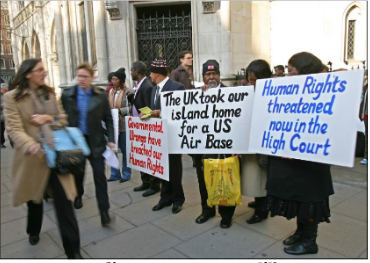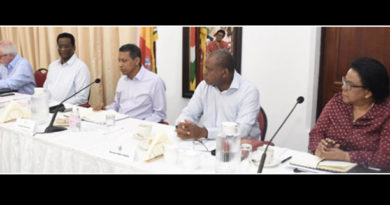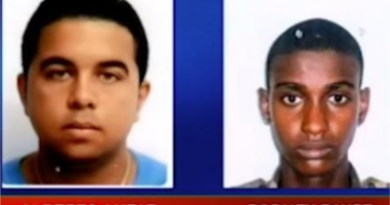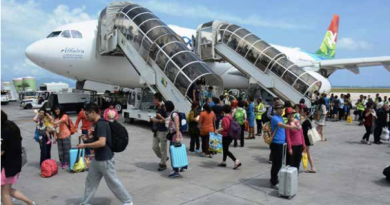Chagossians launch US legal challenge against deportation from home
The Chagossians people of Diego Garcia are launching legal action in the USA, calling for compensation for their 50 years of enforced exile and the suffering endured due to a lack of promised support. The claim, which is led by Chagossians Solomon Prosper and Bernard Nourrice, seeks damages of up to $100,000 for each individual Chagossian under the US Foreign Claims Act, which requires the US Military to set up claims commissions to handle damage claims by foreign citizens. Bernard Nourrice and Solomon Prosper, citizens of the Republic of the Seychelles who were born on Diego Garcia Atoll in the Chagos Archipelago, claim that they were forcibly deported from their homeland in a crime against humanity by the United Kingdom in order to satisfy the terms of its Lease Agreement with the United States and that it constituted an act of military aggression and occupation against the peaceful Chagossian people.
The Claimants seek compensation for their emotional and economic damages, and future and past rents and leases as the rightful residents and owners of Diego Garcia Atoll.
The Chagossians’ lawyer, Dr. Jonathan Levy, notes: “The damage claims are quite reasonable given the intense sufferings of the Chagossians who as a people were utterly devastated by their deportation. Even though there are several thousand Chagossians, their claims are capped at $100,000 each. “The comparable US base at Camp Lemonier, Djibouti, costs the United States approximately $70 million per year to lease, the Chagossians who are the real owners of Diego Garcia Atoll are seeking only a small fraction of the back rent.” The compensation proposed in the campaign relates to emotional distress and property right abuse suffered by Chagossians, and if successful Chagossians could expect the payment to come from the US military.
The Chagossians including the claimants, Nourrice and Prosper, are a people native the Chagos Archipelago including Diego Garcia Atoll (“Diego Garcia”). On Diego Garcia, some of the Chagossians lived for at least eight (8) generations until forcibly deported and prevented from returning by the British military. The Chagossians were also an oppressed people, descended from plantation workers and formerly indenturedand enslaved peoples exploited by the French, British, and Mauritian plantation owners.The Chagos Archipelago also known as British Indian Ocean Territory or “BIOT” has been the subject of long running sovereignty dispute involving mainly the United Kingdom and the Republic of Mauritius. The United Nations General Assembly has recently found that the United Kingdom is unlawfully occupying the Chagos Archipelago and that the entity known as British Indian Ocean Territory or BIOT is a legal nullity.The United Kingdom, Mauritius and the United Nations agree that the claimants and the Chagossian people have inalienable rights to property in the Chagos Archipelago. This consists of the “right to resettlement and residence” as advocated by the Chagossians, the United Nations and Mauritius which equates to an allodial or communal title to Diego Garcia and the Chagos Archipelago with a reversion that has come due.
The United Kingdom recognizes at a minimum a “right to return without residence” which is akin to an easement or incorporeal hereditament interest in property although it also recognizes a reversion right after the joint US-UK military mission in the Chagos Archipelago is completed. The right to resettlement clearly involves ownership of land or land rights while a right to return with an eventual reversion implies at a minimum some sort of communal property interest.
Source: jlevy.co




